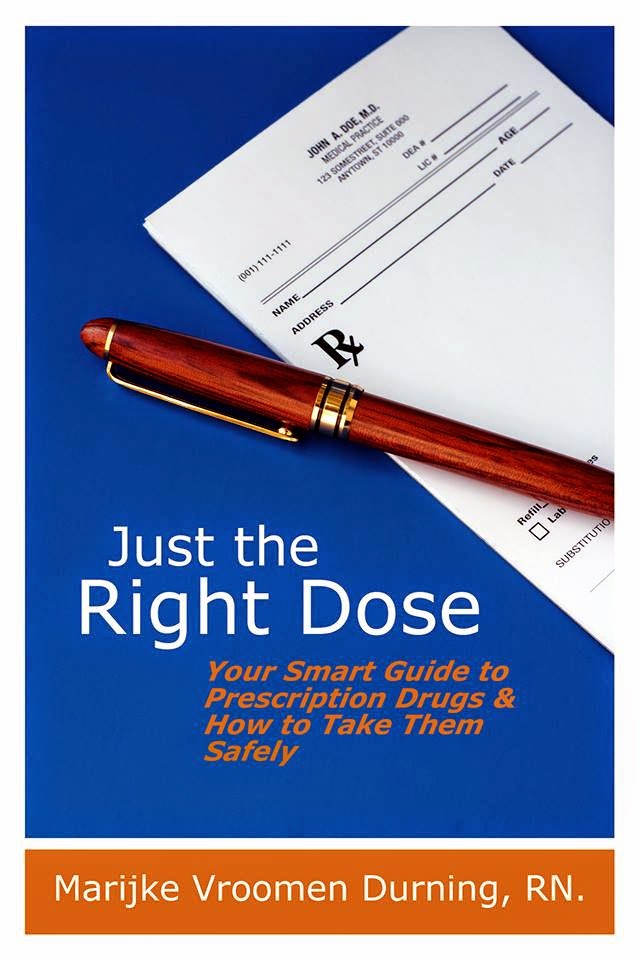What is one simple thing that just about anyone can do that can decrease your chances of getting sick and can reduce the chance of you making someone else sick if you are ailing? And if you're a healthcare professional, one of the most efficient ways of reducing the spread of infection between patients?
The answer is simple: washing your hands. Some clean water, some soap, and some hand rubbing. That's it. And if there's no water available, the waterless hand cleansers are a great invention that work very well if used properly.
Improper or lack of hand washing is a serious issue. In the community, viruses like influenza can spread like wildfire when people who have the virus on their hands touch something that someone not yet infected will touch after them. The most common places where viruses get transferred are things we touch every day, like door knobs or handles, elevator buttons, bank machines, telephones, even keyboards. One study of hotels and motels found that one of the dirtiest items in the room was the television remote.
But even if we do know when to wash our hands, for many of us, there's still a problem.
Ask any health care professional when they should wash their hands and they'll tell you. And most of them will wash after using the bathroom or after cleaning up a patient who has soiled him or herself. But some of these very same people will touch one patient and then another without washing hands in between. They may take one patient's blood pressure and then give a pill to another, without washing hands in between. Get the picture? They're not breaking society's rules of hand washing, but they are breaking health care rules of hand washing.
Several years ago, I had to do a hand washing audit in a long-term healthcare facility. I had to watch to see who washed their hands and when. I have to say, I was very discouraged at how many doctors, nurses, aides, and other staff would go from one room to another without stopping to wash their hands - ever. They would only wash their hands when they finished doing all they were supposed to do for that set of rounds, during which they picked up telephones, moved wheelchairs, made beds, and more.
A week ago, the New York Times published a story called With Money at Risk, Hospitals Push Staff to Wash Hands, in which journalist Anemona Hartocollis did a good job of explaining a lot of the issues that exist in the hospital environment. It's a good read. I recommend it.
So, should you wash your hands?
- Make your hands wet with warm running water.
- Using soap, rub your hands together, making sure that your fingers rub into the areas between the fingers of the opposite hand. This should take at least 10 to 15 seconds, minimum.
Wash the top of your hands, not just the inside (palms) and don’t forget the thumbs. Apparently, they are often forgotten. Also, remember to clean under your nails and to let the water run under as well.
- Rinse your hands well and then dry with a clean towel.
If you are using a hand sanitizer, you can use the same motions of rubbing your hands together, in between your fingers and remembering the tops of your hands and your thumbs.
It's a simple task and we all should be doing it.






2 comments:
Good article. And for us laypeople who wear jewelry, get under the jewelry, too!
Excellent point Tracey. I forgot to add that. Thanks.
Post a Comment